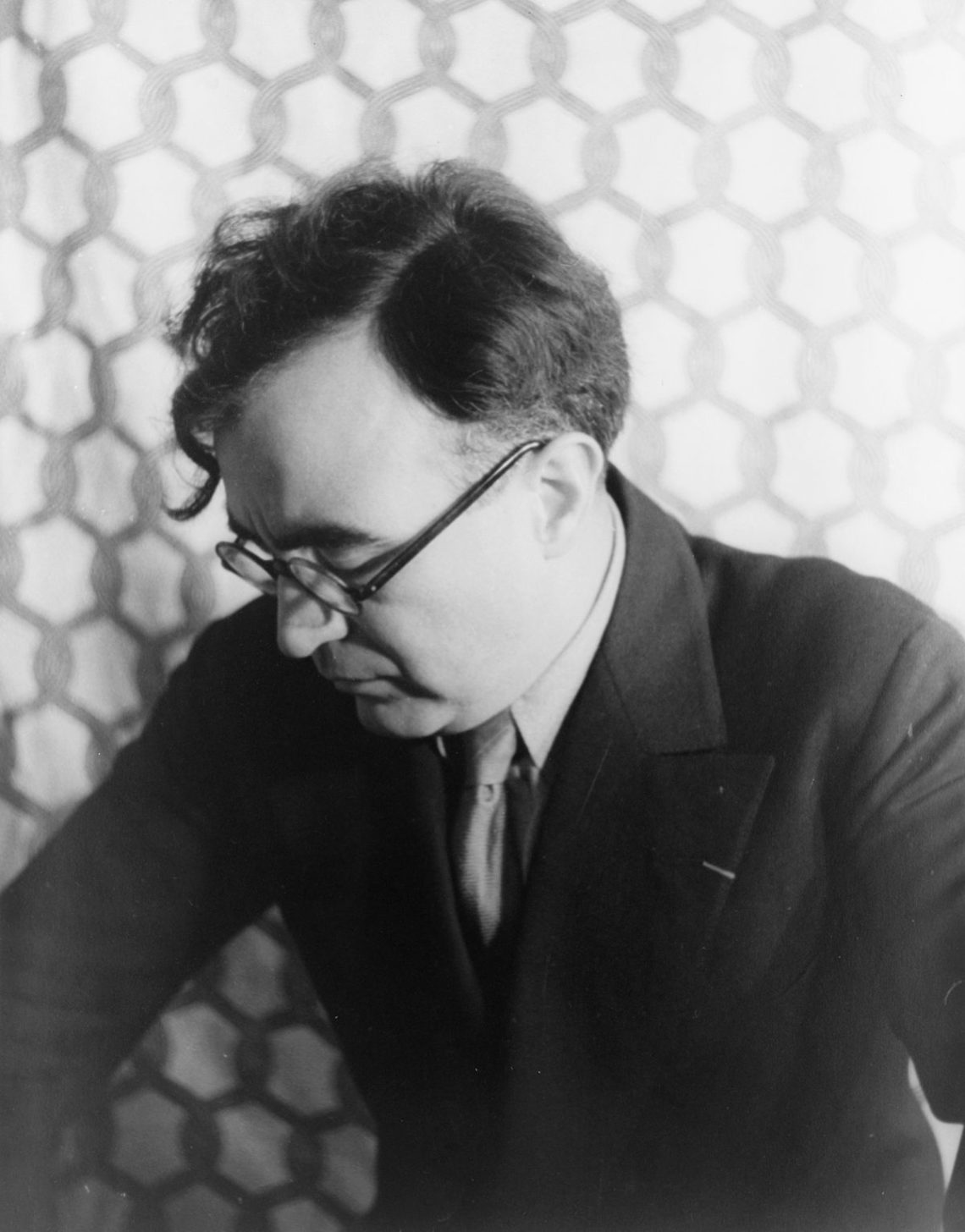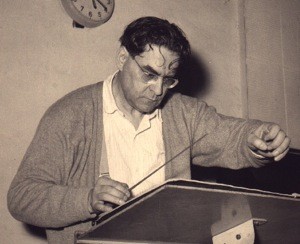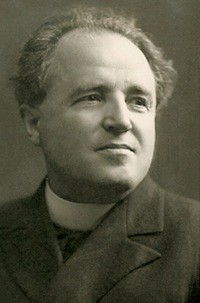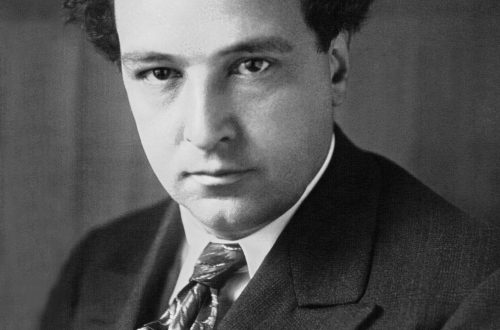
Carlos Chavez |
Carlos Chavez
Mexican music owes a lot to Carlos Chavez. In 1925, a young musician, an enthusiast and a passionate promoter of art, organized the country’s first symphony orchestra in Mexico City. He had neither experience nor fundamental professional training: behind him were years of independent study and creativity, a short period of study (with M. Ponce and P. L. Ogason) and travel around Europe. But he had a passionate desire to bring real music to the people. And he got his way.
At first, Chavez had a hard time. His main task was, according to the artist himself, not just to interest compatriots in music. “The Mexican people are already musical, but they need to instill a serious attitude towards art, teach them to listen to music, and finally teach them to come to concerts on time!” For the first time in Mexico, at concerts led by Chávez, the audience was not allowed into the hall after the start. And after some time, the conductor could say, not without pride: “Only the Mexicans come to the bullfight and my concerts on time.”
But the main thing is that these concerts began to enjoy real popularity, especially after the group grew in 1928, got stronger and became known as the National Symphony Orchestra. Chavez tirelessly sought to expand the audience, to attract working listeners to the concert hall. To this end, he even writes special mass compositions, including the Proletarian Symphony. In his composing work, which develops in parallel with the artist’s activities as a conductor, he develops both new and old Mexican folklore, on the basis of which he creates a number of symphonic and chamber compositions, ballets.
Chavez includes the best works of classical and modern music in his concert programs; under his direction, many works by Soviet authors were first performed in Mexico. The conductor is not limited to concert activities at home. Since the mid-thirties he has toured extensively, performing with the best orchestras in the United States and a number of European countries. Already after the first tour of Chavez, American critics noted that he “has proven himself as a conductor, an extremely balanced, imperious and brightly imaginative leader who knows how to extract a juicy and balanced sound from an orchestra.”
For four decades, Chavez has been one of Mexico’s leading musicians. For many years he headed the National Conservatory, headed the department of fine arts, did a lot to streamline the musical education of children and youth, brought up several generations of composers and conductors.
L. Grigoriev, J. Platek, 1969





